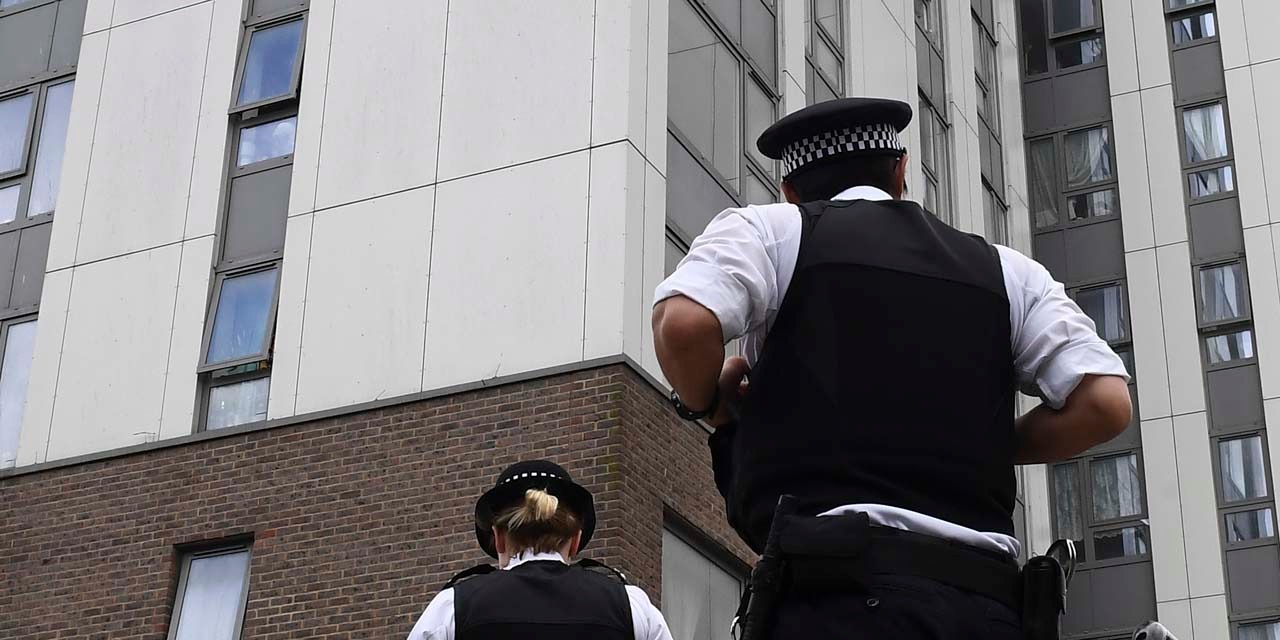A warning by the British police against the media that would publish confidential documents on Saturday provoked outrage reactions from journalists and politicians denouncing an attack on freedom of the press. Scotland Yard Deputy Chief Neil Basu on Friday warned anyone in possession of leaked government documents, citing "owners, editors or publishers of traditional or social media," not to publish them and hand them over. authorities.
"The publication of [leaks] may constitute a criminal offense"
"The publication of leaked communications, knowing the damage they have caused or are likely to cause, may constitute a criminal offense," said Neil Basu in a statement announcing the opening of a criminal investigation into leaks in the diplomatic cable press unflattering towards US President Donald Trump, a case that prompted the resignation of the British ambassador in Washington. On Saturday, at a rally in front of conservative activists in Wyboston, in the south-east of England, the favorite to replace Theresa May on Downing Street, Boris Johnson, deemed it "inconceivable that newspapers or any other media publishing such documents are prosecuted. "
Boris Johnson, himself a former journalist, said that the publication of these documents was not in his view a "threat to national security" and that prosecuting journalists on this basis would constitute an "attack on freedom of the press". His rival, Jeremy Hunt, said on Twitter that the leak manager "MUST answer for his actions" but strongly defended the right of the press to publish them.
Political reactions
Other political figures have expressed their commitment to press freedom, such as Bob Seely, a Conservative member of the House of Commons Foreign Affairs Committee who called on the police to "reconsider his position", fearing that this creates "a very dangerous precedent", questioned by the conservative daily The Telegraph . Quoted by the same newspaper, the former Minister of Culture, John Whittingdale, also opposed the prosecution of journalists, saying they "are there to report stories, whether or not they are embarrassing for people which are mentioned therein ".
READ ALSO - Diplomatic leaks: Donald Trump's tweets invite in the British election campaign
Former Finance Minister, Conservative George Osborne, now editor of the Evening Standard , has called the police statement "very foolish and misguided" on Twitter, prompting Neil Basu to distance himself from "keep (his) credibility". Tim Shipman, a Times political reporter, also reported on the same social network a "sinister, absurd and undemocratic" police statement. On the other hand, former Defense Minister Michael Fallon supported the police call. The journalists "must be aware of the considerable damage that has been done and the potentially even greater damage that can be caused by new violations of the law on official secrets," he told the BBC on Saturday.

